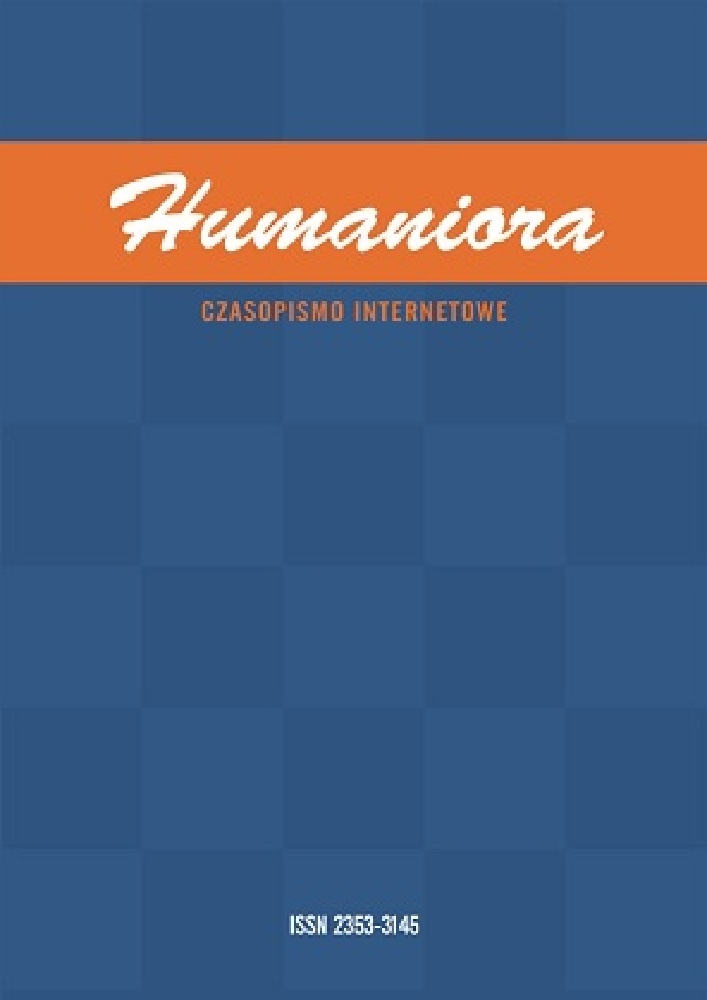Abstrakt
The author of the article focuses on a critical assessment of university rankings existing in general, not only in academic, space. Three different rankings with an international reach: (1) The Academic Ranking of World Universities (ARWU) also known as the Shanghai Ranking, (2) Times Higher Education World University Rankings (THE), (3) CWTS Leiden Ranking and one Polish ranking: The Perspektywy University Ranking have been subjected to a detailed critical evaluation. The main objection raised against the discussed international rankings is disregarding by them scientific works published in national languages of the authors. This decision of rankings’ creators is particularly detrimental to universities with scientifically strong faculties in the field of humanities and social sciences. The fact that monographs are ignored is difficult to comprehend (e.g. CWTS Leiden Ranking). Moreover, favouring publications in two journals: “Science” and “Nature” as well as the Nobel Prize and the Fields Medal (mathematics) has no deeper justification. The author calls for recognition of monographs and also academic textbooks which shape the culture of university. The percentage proportion of particular criteria in the total assessment leading to ranking results – which, in fact, boils down to marginalising scientific achievements of representatives of humanities and, partly, social sciences – raises the author’s reservations. Finally, if we look at our Polish local “backyard” where universities were fragmented after the Second World War and rebuilt according to the Soviet model of higher education with smaller higher education entities of a narrower profile (medical, agricultural, economic, sports) functioning alongside standard universities which had been stripped of these sections, we will notice that these classic, “full” universities have no chance of competing for a scientifically decent position in world rankings.
Bibliografia
Bolecki W., Książka jest najważniejszym osiągnięciem humanisty, „Forum Akademickie” 2021, nr 12.
Brzeziński J.M., Czy (i komu) potrzebne są czasopisma naukowe? Kontekst nauk społecznych, „Ruch Prawniczy, Ekonomiczny i Socjologiczny” 2021, nr 83(2). DOI: https://doi.org/10.14746/rpeis.2021.83.2.2
Brzeziński J.M., Oleś P.Ł., O psychologii i psychologach. Między uniwersytetem a praktyką społeczną, Wydawnictwo Naukowe PWN, Warszawa 2021.
Dziubalska-Kołaczyk K., Rankingi akademickie i ich znaczenie, „Życie Uniwersyteckie” 2021, nr 5(333).
Konarzewska-Michalak E., Niezbędnik rankingowy, „Życie Uniwersyteckie” 2021, nr 5(333).
Kwiek M., Globalny system akademicki i stratyfikująca rola badań naukowych, „Człowiek i Społeczeństwo” 2021, nr LII, Globalne i lokalne problemy życia akademickiego, red. Z. Drozdowicz, S. Sztajer. DOI: https://doi.org/10.14746/cis.2021.52.4
Kwiek M., Warto być w superlidze, „Życie Uniwersyteckie” 2021, nr 5(333).
Musioł K., Nowe zadania uniwersytetu, „PAUza Akademicka” 2014/2015, nr 277–279.
Towpik E., IF-mania: Journal Impact Factor nie jest właściwym wskaźnikiem oceniania wyników badań naukowych, indywidualnych uczonych ani ośrodków badawczych, „Nowotwory. Journal of Oncology” 2015, nr 65; artykuł udostępniony (format PDF) nieodpłatnie na stronie: https://core.ac.uk/download/pdf/268465596.pdf [dostęp: 26.01.2022]. DOI: https://doi.org/10.5603/NJO.2015.0092
Wróblewski A.K., Pozycja nauki polskiej w międzynarodowych rankingach, „Studia BAS” 2013, nr 3(35).
Licencja
Prawa autorskie (c) 2023 Jerzy Marian Brzeziński

Utwór dostępny jest na licencji Creative Commons Uznanie autorstwa – Bez utworów zależnych 4.0 Międzynarodowe.
Czasopismo oraz wszystkie zamieszczone w nim materiały są powszechnie dostępne i mogą być wykorzystywane do celów naukowych, edukacyjnych, poznawczych i niekomercyjnych bez konieczności uzyskiwania każdorazowej zgody autorów i redakcji. Nadesłanie artykułu do publikacji traktowane jest jako zgoda autora na udostępnienie swojej pracy i informacji w niej zawartych do powyżej wymienionych celów. W takich przypadkach należy jedynie wskazać źródło, z którego zaczerpnięte zostały informacje. Pobieranie opłat za dostęp do materiałów zawartych w czasopiśmie lub ograniczanie do niego dostępu jest zabronione.
Przesyłane do redakcji teksty muszą stanowić oryginalne prace, uprzednio nigdzie niepublikowane ani nie przedkładane innym redakcjom lub wydawcom. Autorzy nadsyłanych artykułów ponoszą odpowiedzialność za uzyskanie zezwoleń na publikowanie materiałów, do których prawa autorskie są w posiadaniu osób trzecich. Publikacja materiałów chronionych prawem autorskim jest możliwa pod warunkiem uprzedniego dostarczenia przez autora do redakcji pisemnej zgody właściciela praw autorskich.





